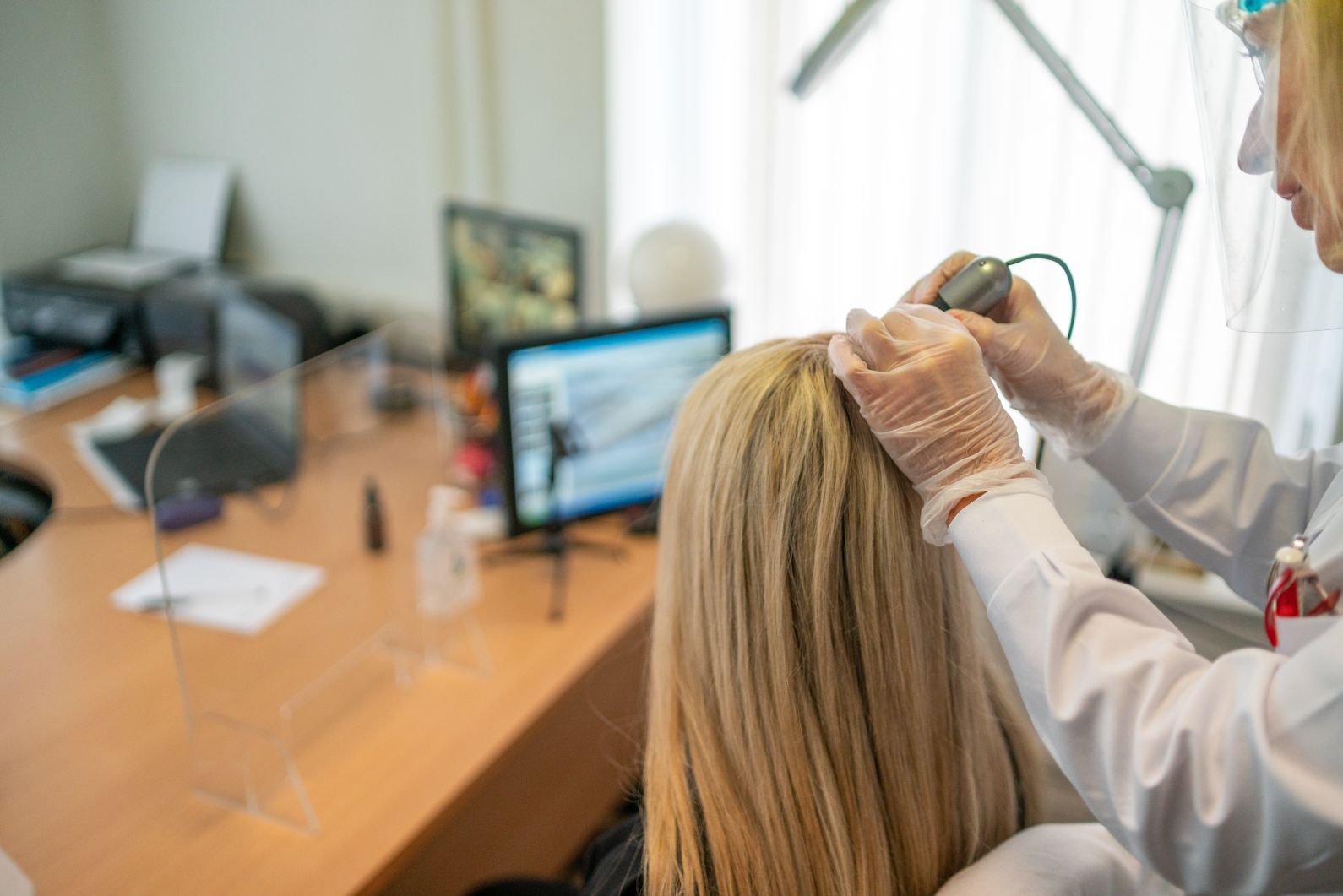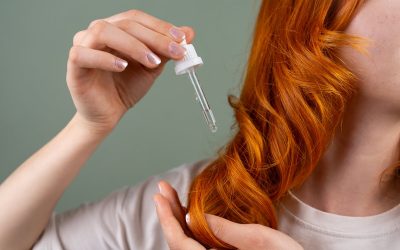Alopecia is the term used in the medical field for hair loss. It can pertain to diffuse hair thinning, the appearance of hairless patches and balding.
But for most people, the mention of alopecia conjures images of balding and even total loss of hair in the body.
This idea is mainly because of a condition called Alopecia Areata (AA). It is characterised by the sudden or gradual appearance of bald spots. It can also progress to a total loss of hair on the scalp as well as other body parts.
In this article, we use the term alopecia to refer to hair loss and not just AA. So, what causes alopecia? There are many possible reasons why you might be losing your hair such as heredity, illnesses and disorders, imbalanced diet, physical and emotional stress and hairstyling practices and treatments.
Heredity
This is one of the leading causes of hair loss in both men and women. This condition is called androgenic alopecia or better known as male pattern baldness and female pattern hair loss.
Hereditary alopecia usually becomes more pronounced as you age. Its onset happens earlier in males with symptoms appearing by the age of 30. Its effect is also more severe in men since it may lead to balding. In women, what’s experienced by most is general hair thinning.
Illnesses and Disorders
You may lose your hair because of an illness or disorder. Thyroid problems such as hypothyroidism and hyperthyroidism may lead to gradual and diffuse hair loss when they are not addressed immediately.
Alopecia areata, which we mentioned earlier, also falls under this category. It is considered an autoimmune condition. The immune system attacks the hair follicles causing them to become inflamed. These follicles eventually stop producing hair because of repeated inflammation.
Another example here is trichotillomania, an impulse control disorder. In this condition, you get irresistible urges to repeatedly pull the hair on your scalp and other body parts. The reason behind this behaviour is still unclear, but experts surmise that it may be a combination of genetic and environmental factors.
Imbalanced Diet
An imbalanced diet can lead to nutritional deficiencies which in turn can trigger hair loss. This is primarily because certain nutrients are essential for hair to grow and to be healthy.
For example, not eating enough protein can put you at risk of suffering from alopecia. Hair follicles are primarily made of protein. Hence, when you’re not eating enough of this nutrient, you might end up losing hair.
Extreme Physical & Emotional Stress
Experiencing physical or emotional shock can cause a hair loss condition called telogen effluvium. The triggers can include having a high fever, undergoing surgery, extreme weight loss, death in the family and work challenges, to name but a few.
In this type of condition, shedding does not happen immediately. It usually takes 3 to 4 months after the stressful event for hair to start falling.
Fortunately, this hair loss condition is reversible. However, chronic stress can lead to repeated episodes and result in permanent damage.
Hair Styling Practices & Treatments
Frequently braiding your hair or fixing it in a bun may also be the reason behind your alopecia – one that’s called traction alopecia. These tight hairstyles repeatedly pull on your hair, causing the strand to become loose or break.
This type of hair loss happens gradually which is why it is not noticed until patches of broken hairs become visible or when the hairline has receded.
Similarly, regular use of harsh chemical and hair styling tools like a curling iron can damage hair follicles and result in excessive hair shedding.
If you are concerned that the amount of hair falling out is too much, the best thing you can do is to visit a trichologist or a dermatologist. Please do not self-diagnose! Only a specialist can determine what’s causing the excessive shedding.
Just make sure that you see a qualified professional – someone who has the credentials and experience in treating various types of hair loss conditions.
Are you worried you might be suffering from alopecia? For accurate diagnosis and effective treatment, schedule an appoint with our experienced trichologist! Call us today on +353 (0)1 6793618!



